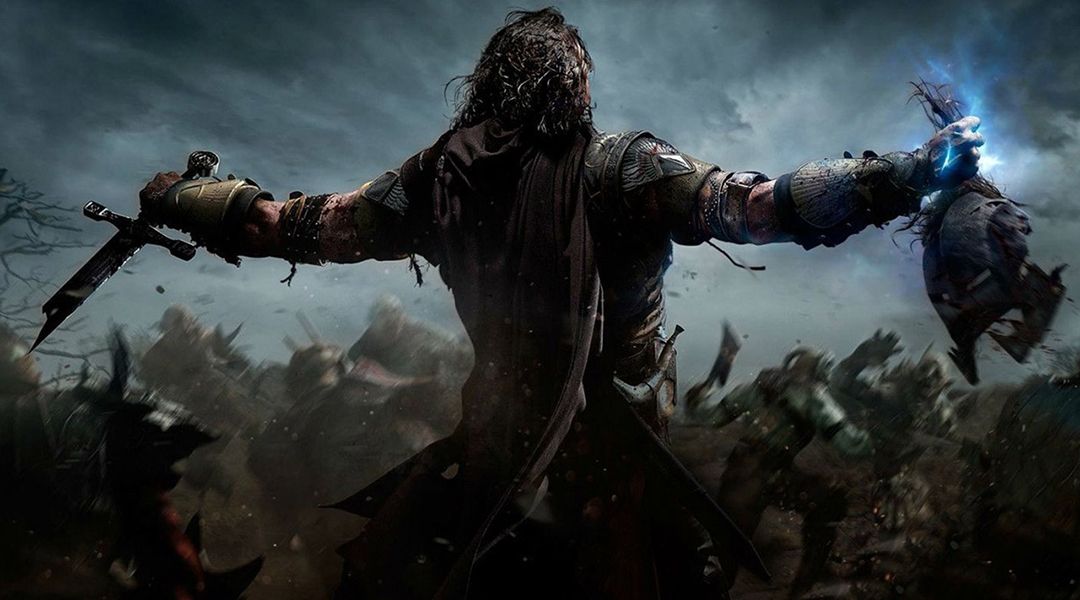After reaching a settlement with the FTC over Shadow of Mordor promotion, Warner Bros. agrees that it will make full disclosure of paid promotion in future.
Middle-earth: Shadow of Mordor was extremely well-received when it was released in 2014, winning a wide variety of awards and providing a solid addition to the library of Lord of the Rings video games. The title was a darling of both the press and gamers in general, but it turns out that not all of the game’s promotion was purely based around quality of content. Indeed, Warner Bros. paid top YouTube stars to promote the game, and this PR move has been subject to a Federal Trade Commission charge.
Now, it has been revealed that Warner Bros. has reached a settlement with the FTC over Shadow of Mordor promotion. The Warner Bros. campaign paid a number of high-profile YouTubers, including PewDiePie, tens of thousands of dollars in order to provide positive content about the game. Warner Bros. has now agreed that it will disclose any further relationships of this nature.
Jessica Rich, director of the FTC’s Bureau of Consumer Protection, confirmed the FTC’s standing on the matter in a statement. “Consumers have a right to know if reviewers are providing their own opinions or paid sales pitches,” said Rich. “Companies like Warner Bros. need to be straight with consumers in their online add campaigns.”
Warner Bros. itself also advised that it is “committed to complying with the related FTC guidelines,” and that it “always strives to be transparent with our customers and fans when working with social influencers.” However, it’s clear that the FTC does not exactly agree with this statement, suggesting that Warner Bros. misled consumers by suggesting that paid-for content “reflected the independent or objective views” of the YouTubers themselves.
In the end, paid-for promotional YouTube videos for Shadow of Mordor reached 5.5 million views, with a huge 3.7 million coming from the hugely influential PewDiePie alone. The YouTuber roster, which also included the likes of I Am Wildcat and Silentc0re, was hired by ad agency Plaid Social Labs on behalf of Warner Bros. and given access to a pre-release version of the game along with cash payments worth up to several thousand dollars.
In return, the video creators were expected to develop positive content for the game, specifically overlooking any bugs that were discovered. Although promotion such as this is hardly rare, the fact that the YouTubers were advised to steer clear of disclosing a video’s paid-for nature in the body of the video proper was a clear bone of contention for the FTC.
It’s not the first time that YouTube influencers have been on the receiving end of controversy over paid-for or ethically dubious content. Indeed, games such as Battlefield 4 have also used YouTube channels to promote with a rather nebulous approach to disclosure. Although such ethical battles are perhaps to be expected from a relatively new discussion format that blurs the boundaries between entertainment and criticism, a greater level of transparency certainly needs to become the norm with time.
Source: Variety

